Sondra Burrows was offered the first ever eSports scholarship by Robert Morris University-Illinois.
She stated about her phone call informing her Mom,
“I couldn’t pull any words together. What had happened wasn’t real, so she had to calm me down.”
[The following is taken directly from NVIDIA]:
The man behind the idea, Kurt Melcher, also runs the women’s soccer program at Robert Morris – looks like a college coach out of central casting. With close cropped, sandy hair, the former collegiate soccer player looks like he could jog onto the field and start shooting strikes.
For weeks now, he’s been hammering home a simple message: Gaming is a real sport. Gamers are real athletes. It’s time to build college programs for them.
“They’re dedicated, they have to be able to learn, they have to be able to work within a team,” says Melcher, whose titles now include director of the Robert Morris esports program. “And they want to be competitive at everything they’re doing.”
The way he tells the tale, it was almost inevitable. The idea hit him in March when he was browsing old games he used to play in college, like Command and Conquer and Starcraft II.
Those games have spawned a competitive scene that has grown steadily over the years. Tens of thousands routinely gather to watch top players compete. Millions more cheer them on online. “When I looked into it I was floored,” Melcher says.
He saw an opportunity for the scrappy school. Amid rising tuition, Robert Morris has been offering scholarships to students pursuing what they’re passionate about, including dressing up as the college’s mascot and playing nontraditional sports like bowling (Robert Morris now has one of the country’s top bowling teams).
Where the Elite Will Compete
When Melcher took his idea to the school’s athletic director, he quickly found a backer. A few weeks later, the school’s administration was in. Robert Morris would offer varsity scholarships, covering half of a student’s tuition and half of their room and board, plus a varsity reserve program covering 25 percent of tuition.
Melcher also found support from students like Drew Dicksen, a member of the Robert Morris volleyball team, who volunteered to be the new team’s digital media coordinator.
“I did a triple take when I saw the news,” says Dicksen, who had been trying to get a gaming club started. He emailed Melcher the day the program was announced asking how he could help. “I jumped on board right away.”
That’s because, like many students, Dicksen is a gamer. “This is about one word: progress,” says Dicksen. “There are so many parallels between traditional physical sports and esports – teamwork, strategy, hand-eye coordination.”
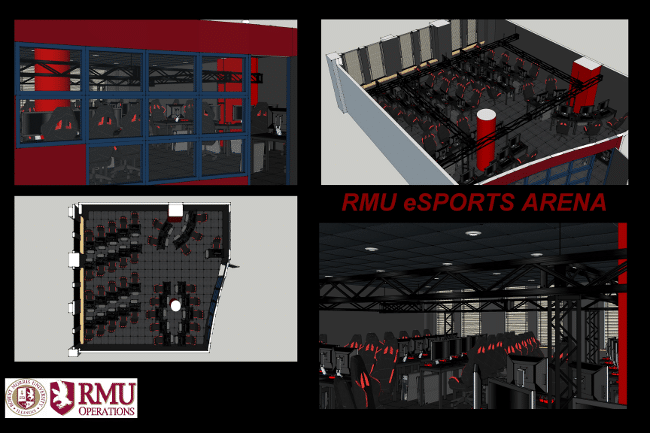
Some skeptics sought Melcher out to air their concerns. But history’s on his side. Football. Basketball. Baseball. They build character among those who play them, and community among those who watch. But it’s easy to forget, Melcher explains, that until the 19th century, they didn’t exist.
Bring It On
While Robert Morris is the first school to offers scholarships, its team won’t be without competition. Some of the world’s top universities field clubs that compete in leagues like League of Legends game developer Riot Games’ North American Collegiate Championship Series.
All signs are that Melcher’s building a serious program. He’s already recruited Ferris “AGeNt” Ganzman, an ex pro gaming coach, who is serving as head coach. And the school’s building a $100,000 training center, with cutting-edge gaming rigs. A training program has been roughed out that will see the teams practicing three to four hours a day, five days a week.
Ganzman and three assistant coaches have spent the summer lining up talent. Like any other sport, esports are all about stats. Unlike them, however, Ganzman can watch his players from anywhere in the world. No need to fly them in to see their skills.
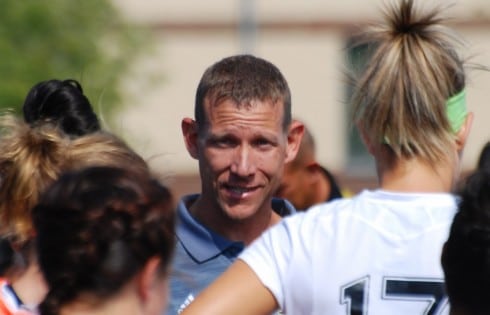
Even some gamers are startled. “It doesn’t make any sense to make esports a collegiate sport,” one user wrote on Reddit.
Build It and They Will Come
If some don’t get it, maybe that’s because they’re on the outside looking in. The man behind the idea, Kurt Melcher, isn’t.
Tall and trim, Melcher – who also runs the women’s soccer program at Robert Morris – looks like a college coach out of central casting. With close cropped, sandy hair, the former collegiate soccer player looks like he could jog onto the field and start shooting strikes.
For weeks now, he’s been hammering home a simple message: Gaming is a real sport. Gamers are real athletes. It’s time to build college programs for them.
“They’re dedicated, they have to be able to learn, they have to be able to work within a team,” says Melcher, whose titles now include director of the Robert Morris esports program. “And they want to be competitive at everything they’re doing.”
The way he tells the tale, it was almost inevitable. The idea hit him in March when he was browsing old games he used to play in college, like Command and Conquer and Starcraft II.
Those games have spawned a competitive scene that has grown steadily over the years. Tens of thousands routinely gather to watch top players compete. Millions more cheer them on online. “When I looked into it I was floored,” Melcher says.
He saw an opportunity for the scrappy school. Amid rising tuition, Robert Morris has been offering scholarships to students pursuing what they’re passionate about, including dressing up as the college’s mascot and playing nontraditional sports like bowling (Robert Morris now has one of the country’s top bowling teams).
No Pressure
The scholarship has quickly turned parents who used to be skeptical about gaming into boosters.
One recruit, Sean Bensema, says his parents even began to nag him to play more often in the run up to his tryout earlier this month when they learned a scholarship was on the line.
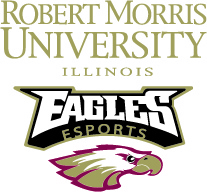
“They used to tell me to get off games,” says Bensema, who lives with his family in the Chicago suburb of Tinley Park. “Now they’re asking me ‘why aren’t you back in the game?’”
Sondra said her mother used to get pretty annoyed with the fact that most of her down time was spent in front of the computer, playing League of Legends.
“But now she sees that all of that time spent is now being put towards something bigger,” says Sondra, who is transferring from Mt San Jacinto College, in southern California, to join the team later this month.
Ganzman has even zeroed in on prospects who had no idea his program exists. One top prospect – Adrian Ma – was shocked when Ganzman approached him.
“Are you kidding me? Are you for real?” Ma asked when Ganzman dropped him a line. A short conversation later, Ma was signed on.
Thanks to such prospects, Melcher and Ganzman are confident they can compete. So are the students. Many played more traditional sports, like tennis and swimming in high school.
“I can’t wait,” Bensema says when asked how he feels about taking on teams from Berkeley and Harvard.
Related: Report: Three Ways that Video Games Can Actually Help in Real Life
Source: NVIDIA

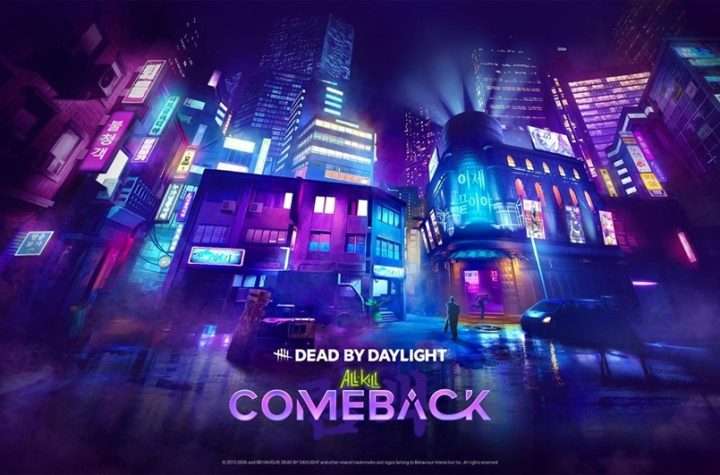
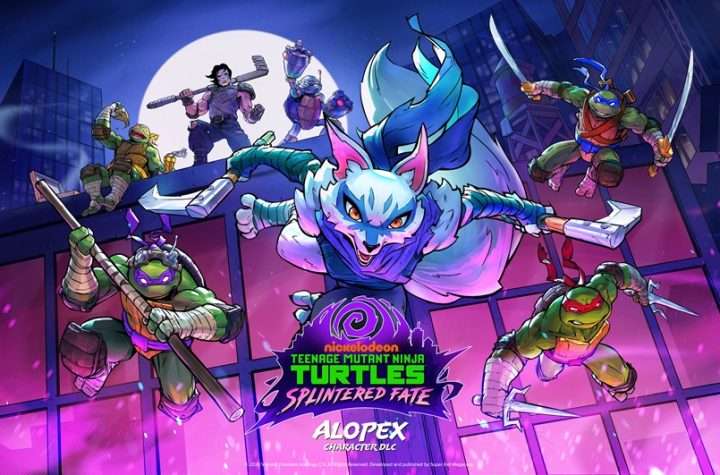

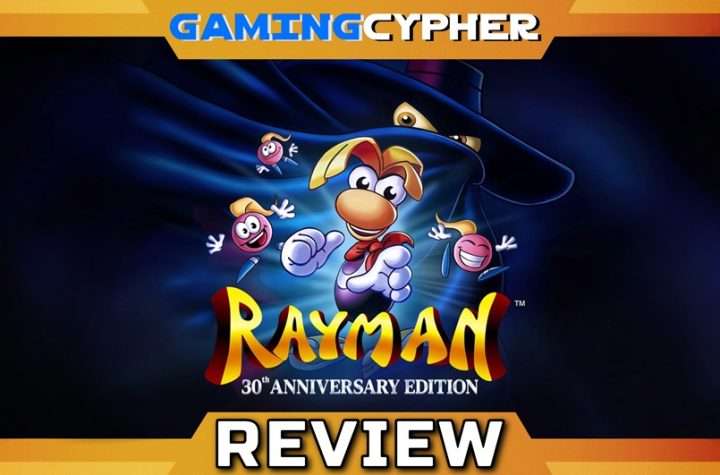
More Stories
OMNIBION WAR Frantic 3D Shoot ‘em Up Now Out on Steam
Red Dead Online News: (Feb. 4, 2020)
SPACELAND Heading to PS4 and Xbox One Feb. 14